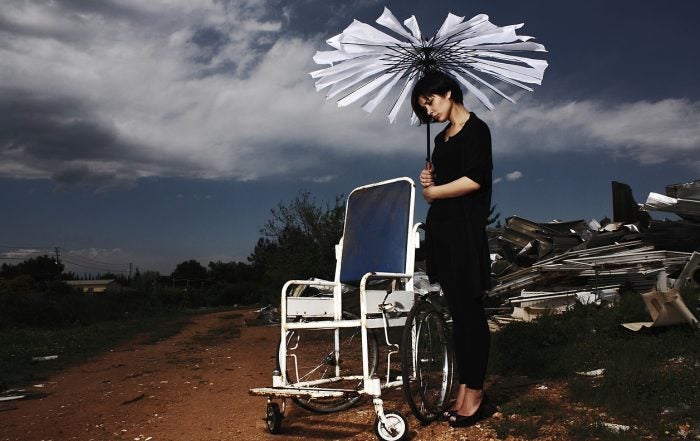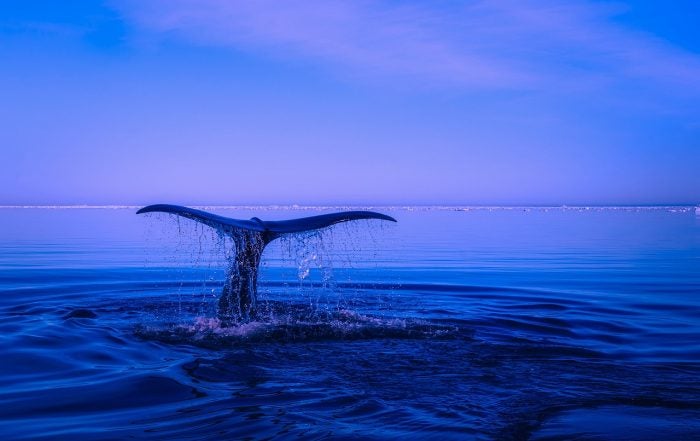Home » Posts tagged 'ucdavis' (Page 17)
Tag Archives: ucdavis
This is Your Brain on Music
By Timur Katsnelson, Neurobiology, Physiology, and Behavior, ‘19 Author’s Note: Like everyone else, I love music- especially the works of my favorite artists. There is nothing better than listening or jamming out to your favorite song. The human love for music is a powerful binding force, but why do we even like it? What are […]
A Forbidden Food: a Narrative about Chronic Allergy Management
By Anna Kirillova, Genetics & Genomics ’19 Author’s note: I wrote this case study for my writing in health sciences class since allergies are a growing epidemic in the developed world. Due to the prevalence of this chronic chronic condition, food contamination is health concern for those prone to acute allergic reactions. However, little is known about […]
CRISPR: Are We Ready For It?
By Tannavee Kumar, Genetics and Genomics, ’20 Author’s Note: When I found out that CRISPR was used for the first time on human embryos that were fully brought to term, I was pretty surprised that such a new technology with numerous unknowns was being used on the germline. I was interested in understanding the reasoning for […]
Efficacy of Various Treatments in Comparison to Surgery for Lower Back Pain Related to Disc Herniation
By Arianne Medrano, Psychology- Biology Emphasis, ‘19 Author’s Note: I wrote this literature review for my UWP 104F class in my fourth year at UC Davis. My goal is to become a physical therapist and one of the most common complaints I hear from older generations is that they cannot perform activities they once loved because of a ‘bad back.’ My father experienced a disc related injury, which led to sciatica, after he fell off a ladder. This prevents him from enjoying activities such as heavy-lifting, riding roller coasters or picking up his grandson. For these reasons, I was interested in researching effective prevention and treatments to help alleviate discomfort and improve quality of life. Continue reading
Erasing Cue-Associated Memories
By Neha Madugala, Cognitive Science, ‘22 Author’s Note: While working on a different paper, I became interested in treatment and therapy for drug addiction. Addiction continues to increase, yet there seem to be limited viable options to actually overcome this problem. One of the main issues in the recovery process is relapses. I found this study […]
Are Children Fighting The “Fat” Gene? An Analysis of Pediatric Obesity and Genetics
By Peggy Palsgaard Author’s Note: I wrote this literature review for my UWP 104F class, and I specifically chose this topic because obesity is a very stigmatized disorder or “disease” (as the AAMC recently labeled it). I wanted to explore the link to genetics and to see how thoroughly we understand the underlying causes of […]
“Gut Feeling”: How Does Modulation of Gut Microbiome Affect Depression Pathophysiology and Status?
By Raida Aldosari, Nutrition Science (Biology option) ’18 Author’s Note: I wrote this literature review as part of my UWP 104F class with Dr. Lisa Sperber. The assignment was to choose a clinically-relevant topic, review the existing body of literature on this topic, and choose a specific area to write on. My topic of interest was about […]
Epigenetic Approach Sheds Light on Potential New Therapeutic Strategy for Alzheimer’s Disease
By Rachel Hull, Biochemistry & Molecular Biology, ’19 Author’s note: I first learned about this news through an article on Big Think that provided few details about the science behind the breakthrough. Reading the original research paper clarified both how this research had been conducted and what was so noteworthy about it. Given the prevalence […]
New Drug “Sponge” Absorbs Chemo Side Effects
By Brooke B., Neurology, Physiology, and Behavior, ‘22 Author’s Note: I heard about this device on the news, and I was immediately intrigued by the concept. I decided to research it further, upon which I was surprised how logical and efficient the device worked with such substantial results. I wanted to share what I believe […]
Cause of Seizures in Individuals with Angelman Syndrome
By Neha Madugala, Cognitive Science, ‘22 Author’s Note While browsing recent scientific achievements and breaking news in the scientific community, I came across an article declaring that the 125-year-old neuroscience mystery surrounding perineuronal nets (PNNs) is finally resolved. PNNs have stumped neuroscientists for decades, yet their importance is undeniable. To understand the extent of this […]

